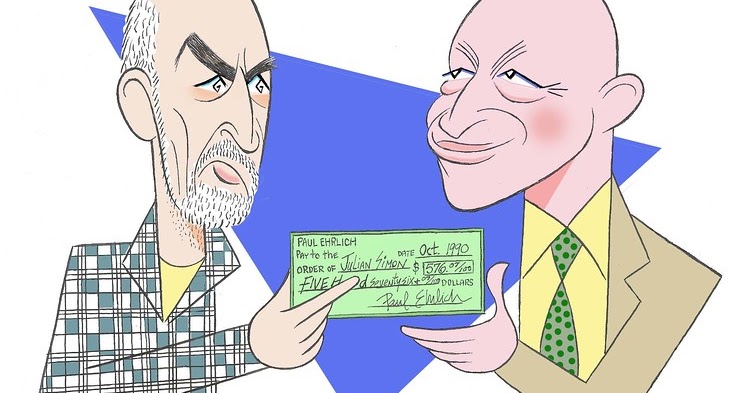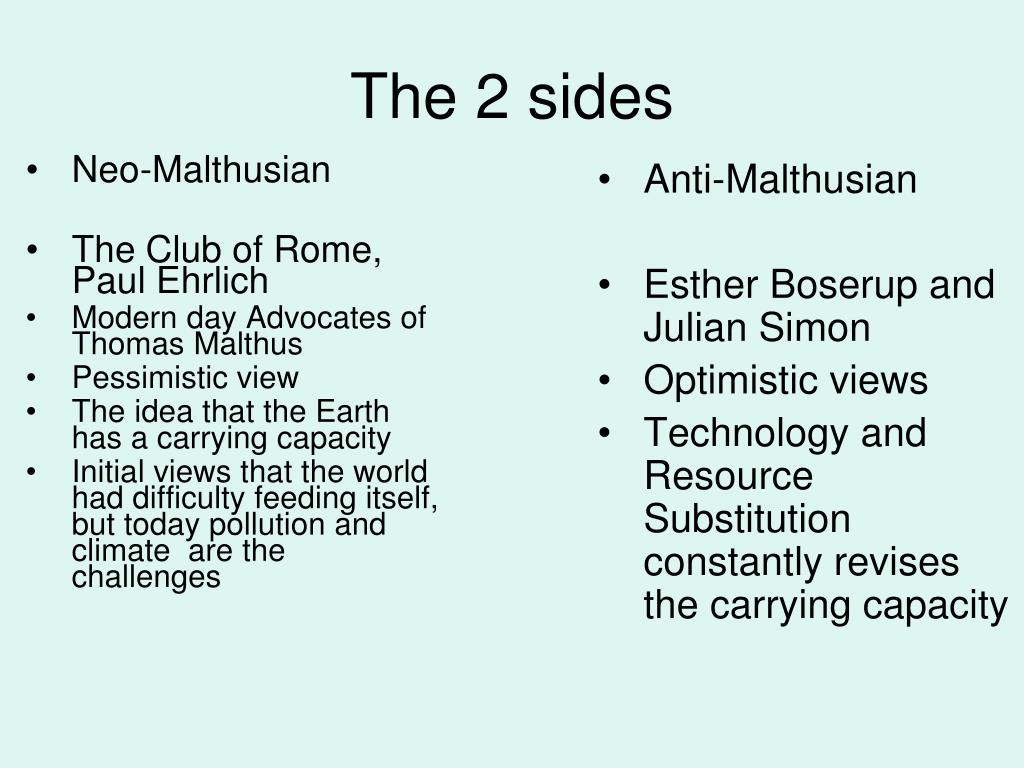
To explain poverty, dearth and famine he wrote a famous essay at the end of the 18th century entitled An Essay on the Principle of Population. Thomas Malthus (1766 -1834) was a political economist and Enlightenment thinker who observed the growing population with increasing concern.

In short: these people believed in progress or the improvement of the living conditions for all. Thinkers and scientists across Europe developed ideas about social justice, poverty relief and sanitation. But there was another development: the age of reason, often called the Enlightenment. Notwithstanding all theses problems, birth rates still outstripped death. In the cities a lack of knowledge about hygiene led to epidemic disease and, in combination with food shortages, led to a high mortality.

Climate conditions were unfavorable due to the Little Ice Age and the landscape showed signs of severe degradation because people pushed agriculture into marginal areas. In comparison with a couple of centuries earlier, Europe had fewer forests and less wildlife. In fact, population growth drove people to the margins of subsistence in an already impoverished environment. However, threat of dearth and famine was still a fact of life for many Europeans.

European powers were importing food and resources from other parts of the world that were in short supply at home and exported part of its excess population to the colonies. By the end of the 18th century population growth in England and other parts of Europe accelerated due to increases in agricultural production as well as technological innovation linked to the industrial revolution, but more important European expansion overseas.


 0 kommentar(er)
0 kommentar(er)
